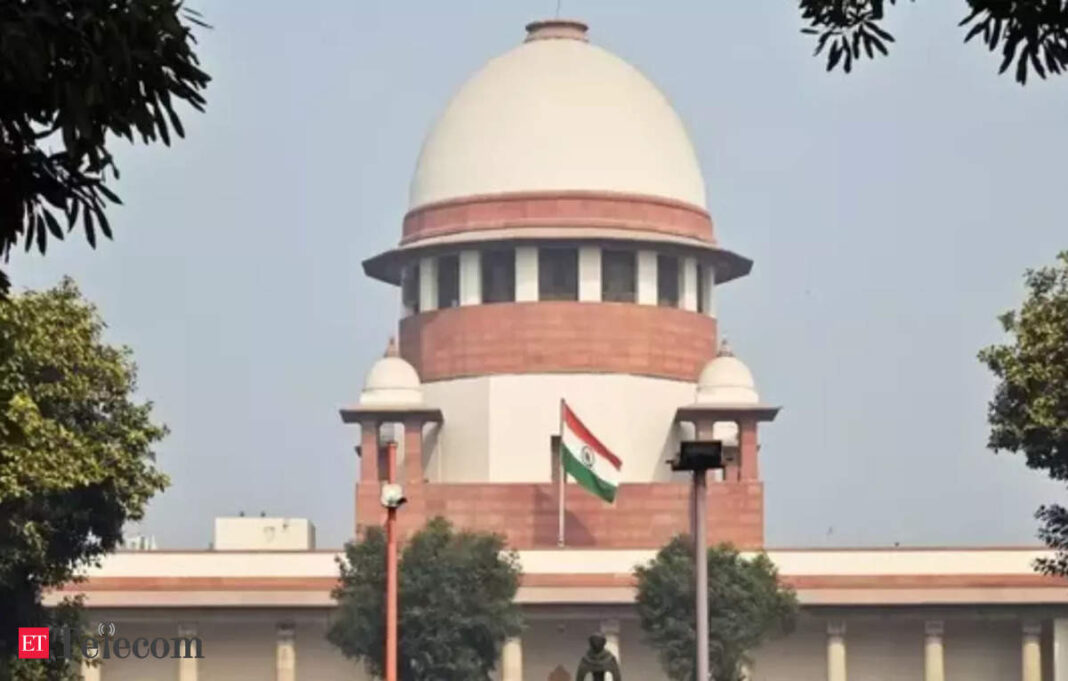In Short:
The Supreme Court will hear appeals in October regarding Aircel’s financial issues. The government argues that telecom spectrum can only be transferred after all dues are paid, while lenders want it included in a resolution plan. Aircel owes significant amounts to both the government and lenders, complicating the situation. The government opposes plans to sell the spectrum to preserve its value.
The Supreme Court has scheduled a hearing for October regarding a series of appeals involving the government, the SBI-led Committee of Creditors of the Aircel group, and others. These appeals contest the National Company Law Appellate Tribunal’s decision from April 2021, which ruled that spectrum can only be transferred as part of an insolvency resolution plan after all government dues are settled.
Dispute Over Spectrum Transfer
While the lenders advocate for the transfer of telecom company spectrum to the successful resolution applicant, the Department of Telecommunications (DoT) maintains that the spectrum should be returned to the government.
Background of the Case
The Mumbai bench of the National Company Law Tribunal approved a resolution plan amounting to ₹6,630 crore from UV Asset Reconstruction Company in June 2020. Aircel is burdened with ₹12,389 crore in adjusted gross revenue dues owed to the DoT, while a consortium of lenders led by SBI claims total dues of ₹58,670 crore, out of which UVARCL proposed to pay ₹19,600 crore. This resolution plan, which includes the monetization of the right to use the spectrum, is currently under challenge at the National Company Law Appellate Tribunal.
Interim Measures Requested
During a hearing in September of last year, the former Resolution Professional for the Aircel entities requested the Supreme Court to permit an interim sale of the right to use the spectrum to avert further “diminution, erosion in value and reduction of useful life” of this natural resource.
The application, submitted by Vijaykumar V Iyer, emphasized that allowing the right to use spectrum to be sold would be in the best interest of all stakeholders. He proposed that proceeds from the sale be kept in an interest-bearing escrow account to be utilized according to the final directions of the court, aiming to preserve the value of the spectrum rights and avert further losses to national interest. However, this proposal was met with opposition from the telecom department.





